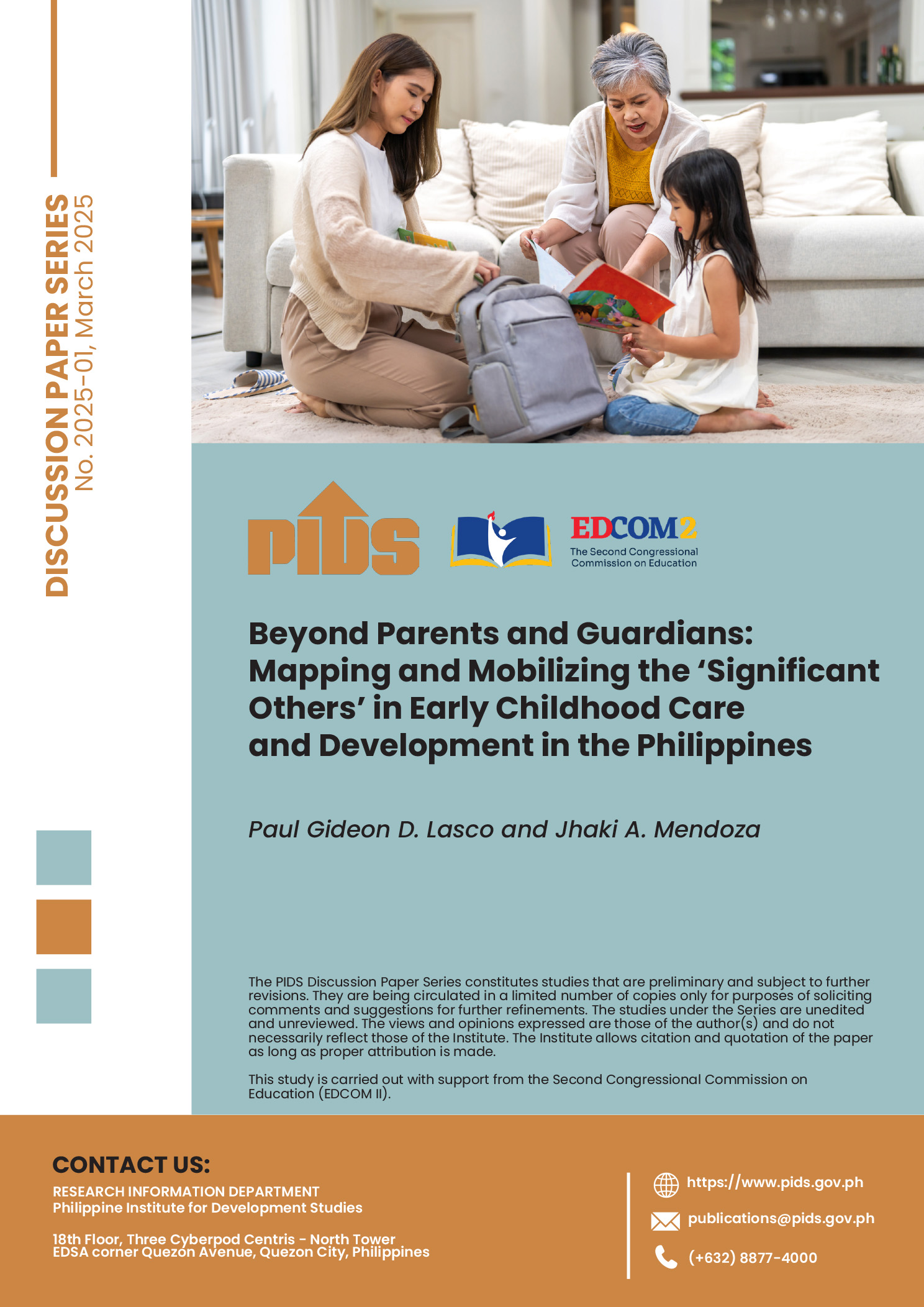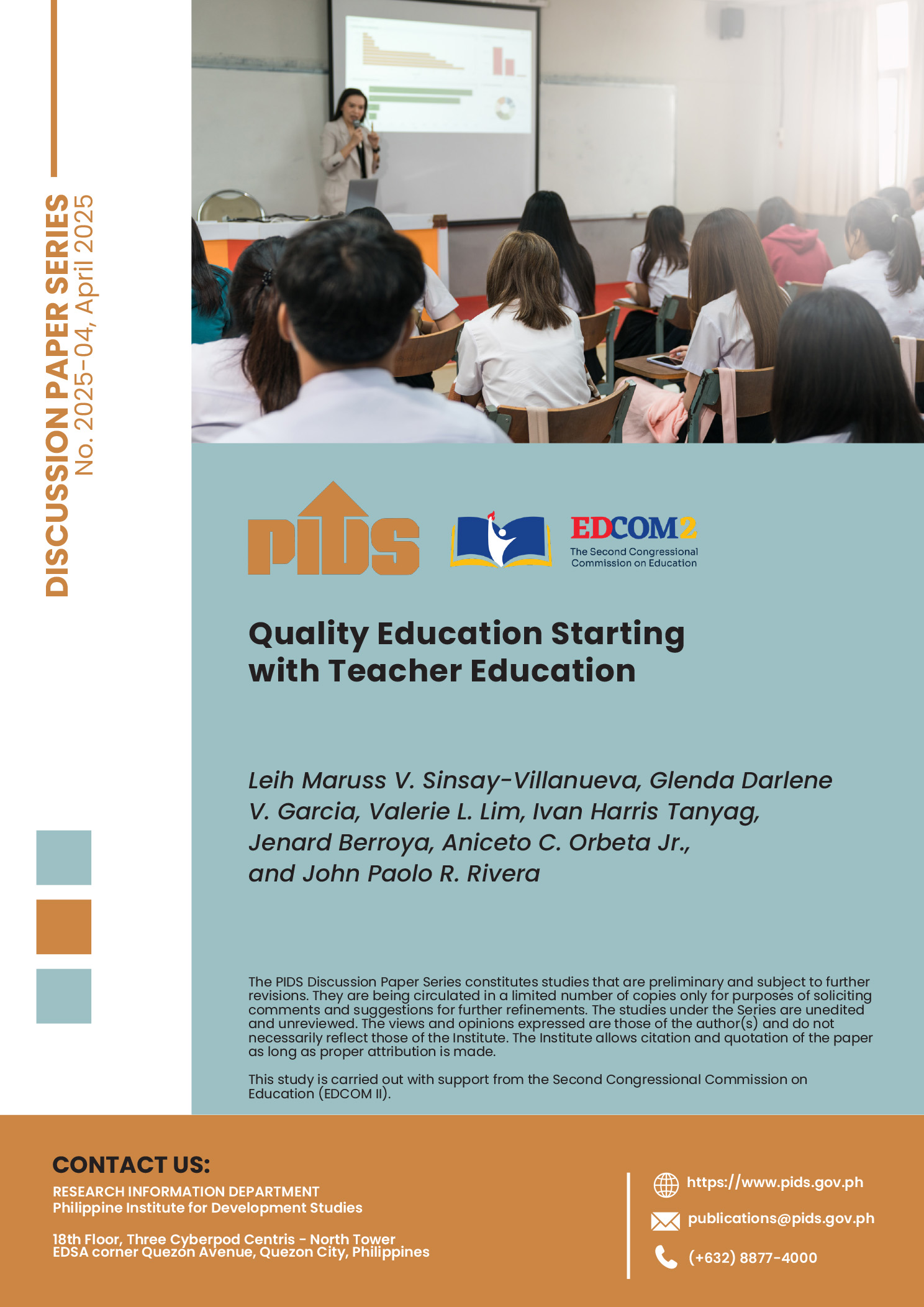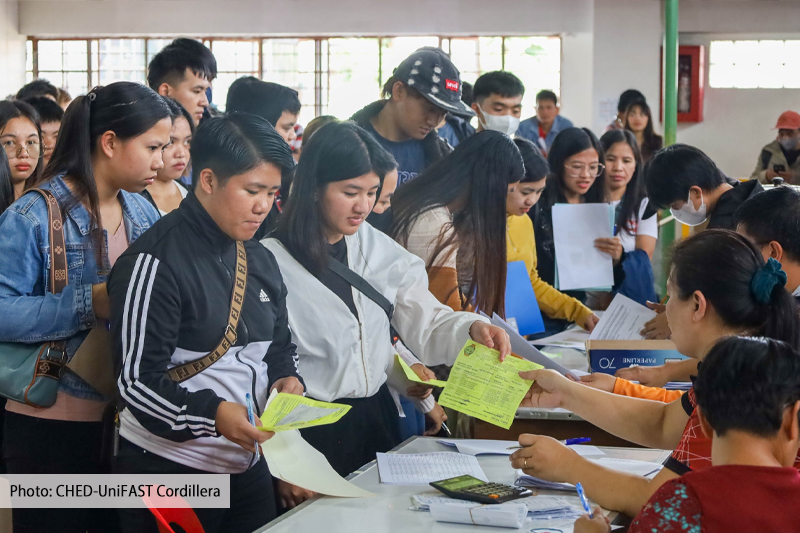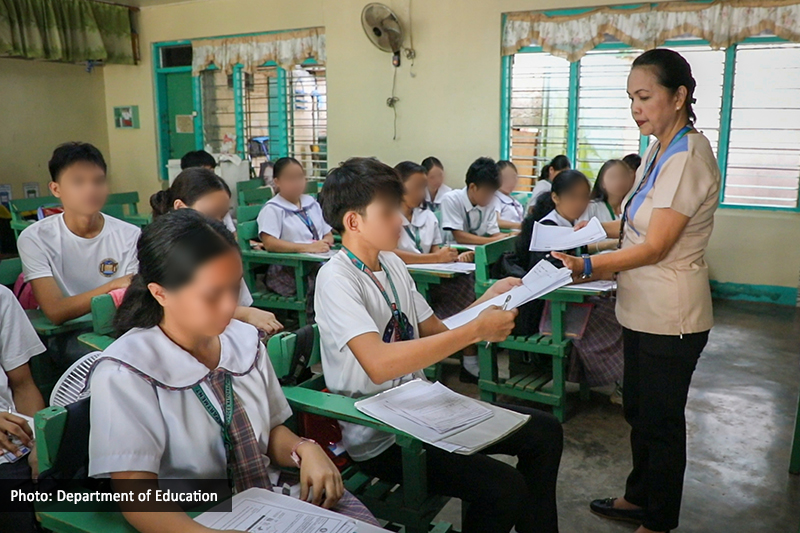A lawmaker cautioned that having too much homework causes stress and physical health problems.
A lawmaker is pushing for legislation that will impose the “no-homework policy” in all primary and secondary schools in the country.
In House Bill 8243, Tutok To Win party-list Rep. Sam Verzosa explained that “there is very little, if any evidence, that time spent on homework in most subject areas has a positive effect on the achievement” of students, citing various publications.
Verzosa noted that based on the World Population Review, the Philippines ranked 111th of 199 countries, with an average intellectual quotient of 81.64 – far from the global average IQ of a person, which is 100.
Based on the Program for International Student Assessment’s 2018 assessment, the Philippines scored lowest in reading and second lowest in science and mathematics.
Meanwhile, the Philippine Institute for Development Studies stated that the country still has “high attendance rates at all levels of the education system compared to countries of similar development state.”
Verzosa said the findings could be interpreted to mean that an “average Filipino student spent more time in school, but less productively than their counterparts in comparator countries.”
The bill indicated the country needs to increase the learning productivity in school and reduce homework.
The lawmaker also cautioned that having too much homework causes stress and physical health problems.
He pointed out that having too much homework could also be a factor why, according to the Department of Education, the country had 404 cases of suicide and 2,147 attempted suicide by students in the last school year.
“The optimal amount of time (that should be spent) on homework is 90-100 minutes daily, and once that threshold is passed, the time spent and the amount of homework stop being effective and end up being detrimental,” Verzosa’s bill stated.
The proposed measure, however, underscored that “the most effective is not always the most efficient.”
“Around one hour a day of homework seems to be sufficient time to achieve satisfactory results,” it said.
“There is also a disparity between the rich and the poor when it comes to doing homework. Kids from wealthier homes are more likely to have resources, such as computers, internet connections, dedicated areas to do schoolwork and parents who tend to be more educated and more available to help them with their homework,” it added.
Children from disadvantaged homes, according to the bill, are more likely to work after school hours, or to be home without supervision in the evenings, take care of their siblings while their parents work multiple jobs.
It further stated that adding homework into the mix “is one more thing to deal with – and if the student is struggling, the task of completing homework can be too much to consider at the end of an already long school (period).”






